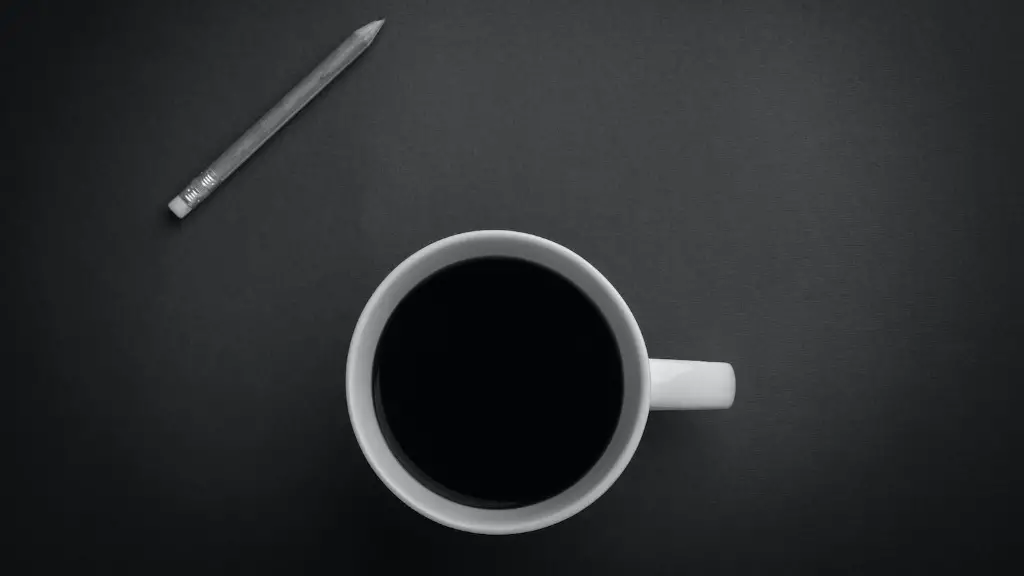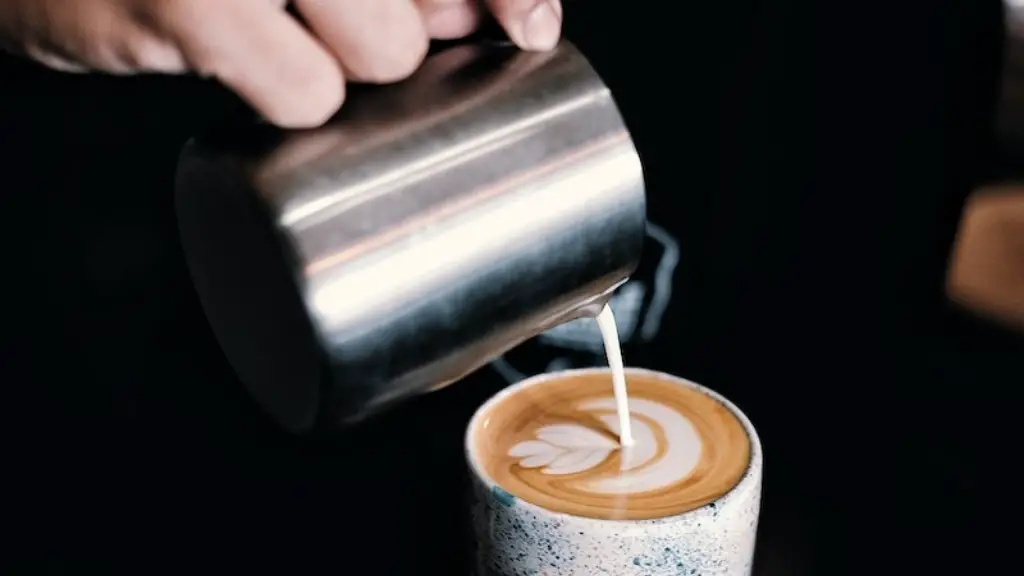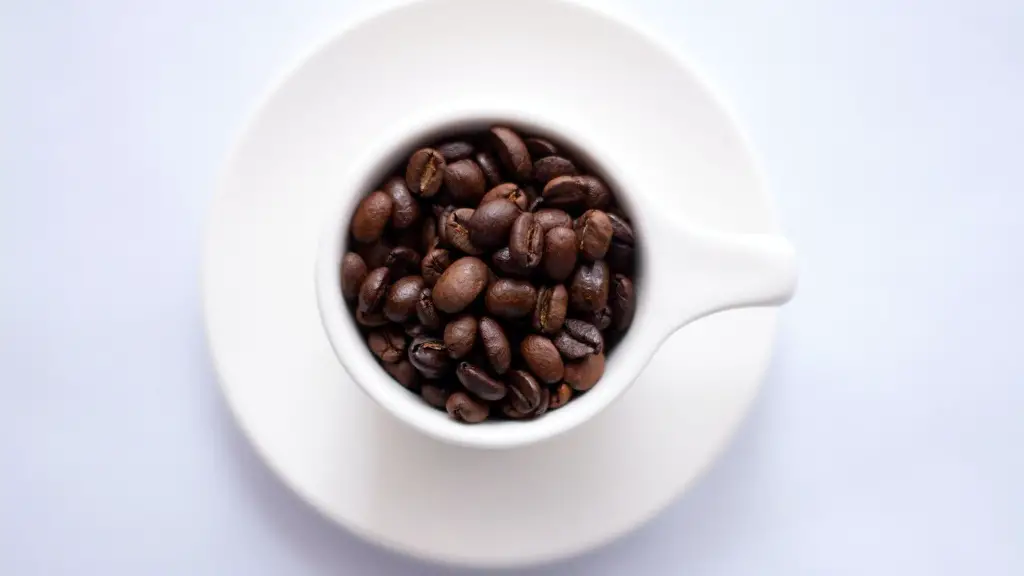Nervous Stimulation
When you don’t drink coffee, your body is not receiving the stimulation it needs. Without the rush of energy brought on by a cup of java, the body is left to turn to its own resources. As the body attempts to find ways to gain the desired stimulation, it can often send signals to the head causing tension. This tension can quickly become headaches. As a result of a lack of stimulation, headaches can be caused due to the tension on muscles in the head and neck.
Habit Formation
For many people, when they don’t get their daily cup of coffee, they find themselves getting headaches. This is because in some cases people have become habitual coffee drinkers. The body and mind are used to receiving the stimulation from coffee and when it doesn’t occur, the person experiences a type of withdrawal. When the body is not receiving the stimulation it expects, it can result in headaches.
Caffeine Withdrawal
It has been suggested that drinking coffee can become habit forming because of the caffeine. If a person is used to drinking coffee, their body can become reliant on the caffeine and begin to possess withdrawal symptoms if it is not received. This could result in the person experiencing headaches due to the caffeine withdrawal. So when they don’t have coffee they may be without the desired stimulation, and without the amount of caffeine that their body has been used to consuming.
Dehydration
Finally, if you don’t drink coffee, you may be at risk of dehydration. Many people rely on coffee as a source of hydration and without it they may not be drinking enough water. An inadequate amount of water intake can lead to headaches as the body is not recieving the hydration it needs. So if you don’t drink coffee, make sure you drink enough water to make up for it.
Activity Replacement
If you are used to drinking coffee and no longer want headaches, there are other activities that can replace it. Exercise could be a great option to replace coffee as it brings out the natural stimulation people need. Taking a walk, going for a run, or even stretching can provide the stimulation needed to replace coffee. Light exposure is also a great tool to help replace the stimulatory effect that often comes from coffee.
Managing Your Intake
If you are concerned about being prone to headaches when you don’t drink coffee, you can take steps to manage your intake. Consider limiting your intake to special occasions or weekends. Avoid drinking coffee late in the day so as not to interfere with sleep patterns. Experiment with different types of coffee to find ones that don’t cause as much side effects. Here focusing on quality is better than quantity.
Consulting With Professionals
If you are finding that the headaches are becoming increasingly worse when you don’t drink coffee or if you are trying to quit caffeine altogether, consider consulting with a physician or other healthcare professional. They can assist you by offering advice, strategies, and even medication if needed to help you manage your situation.
Coffee Alternatives
For those who want to reduce their caffeine intake, there are alternative beverages to coffee. A good alternative is decaffeinated coffee that’s been confirmed to contain less than 0.7% caffeine. There are also other beverages like herbal teas, fruit juices, and hot cocoa.
Healthier Lifestyle
Finally, drinking coffee can be replaced with healthier lifestyle habits. Eating a well balanced diet, exercising regularly, meditating, or participating in outdoor activities can all help stimulate the body without needing to rely on caffeine. These habits can help reduce headaches while still providing stimulation and energy.
Nutrition
Drinking coffee on a regular basis can cause a deficiency in essential vitamins and minerals. Coffee interferes with the absorption of calcium, magnesium, zinc and other important vitamins. A mineral deficiency can lead to headaches and other uncomfortable symptoms. Therefore, if you are trying to quit coffee it is important to make sure you are consuming the required amount of these essential vitamins and minerals in order to prevent any potential deficiency from occurring.
Caffeine-Free Beverages
Another option for those seeking relief from caffeine-induced headaches is to opt for caffeine free beverages. There are many herbal teas and other beverages that are free of caffeine and can be enjoyed to replace coffee. These alternative beverages can provide relief from headaches and can be found in a variety of flavors.
Altering Consumption
If you are still wanting to consume coffee, try altering your consumption. Try having a lesser amount of coffee than usual and opt for coffee made with less caffeine. Alternatively, you could also consider using energy drinks or other beverages containing natural sources of caffeine instead.
Addressing Stress
In some cases, when individuals don’t drink coffee, it may be due to stress. Stress can cause people to avoid coffee consumption. To combat this, individuals can try addressing sources of stress with counseling or stress management techniques. These practices can help an individual manage their stress without having to rely on coffee to do so.
Seeking Help
If the frequency of headaches when not drinking coffee is concerning, seeking help is recommended. A doctor can assist in helping to identify any underlying causes or provide referrals to professionals if addiction or other issues are present. Additionally, seeking help can provide peace of mind and relief.



